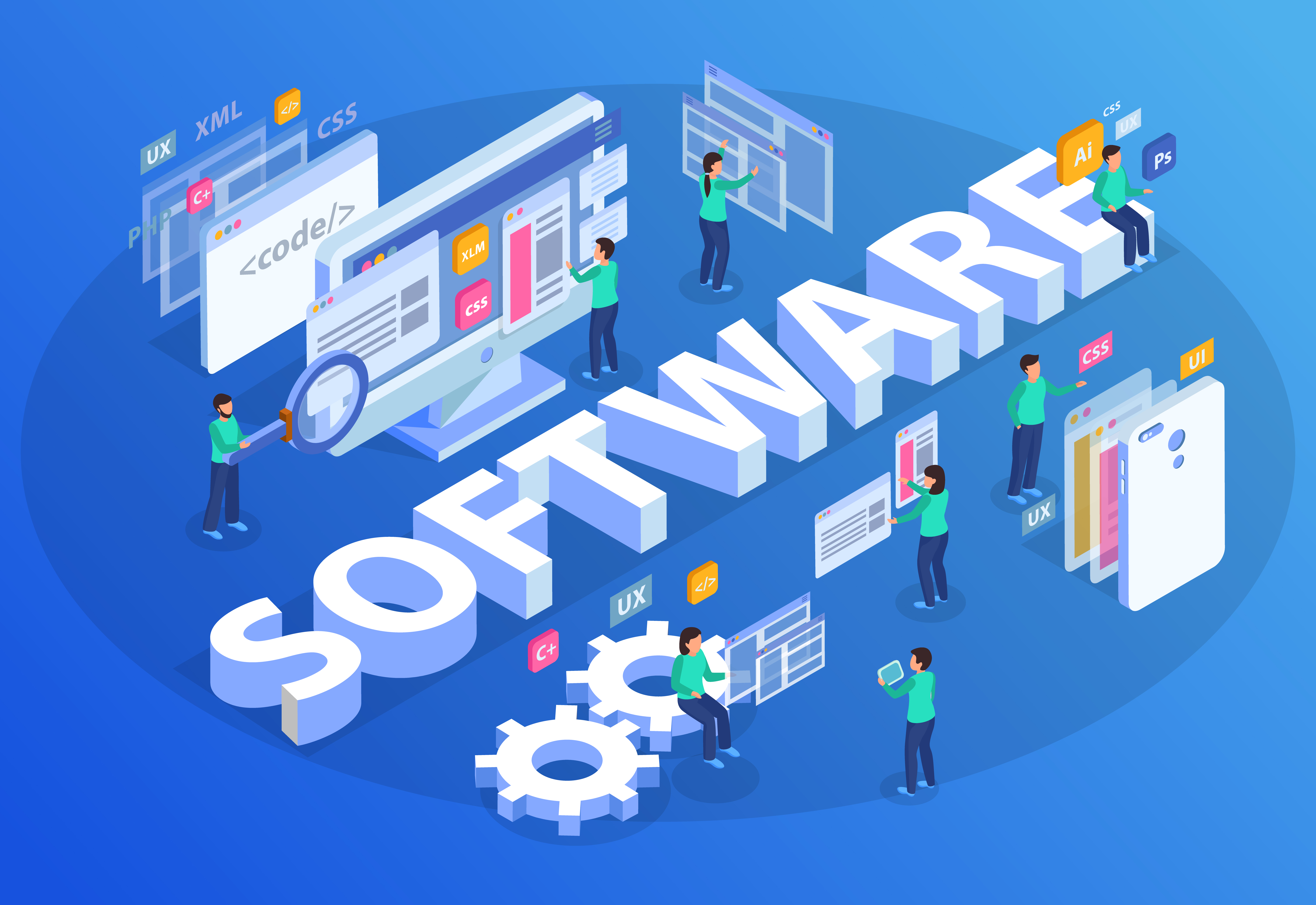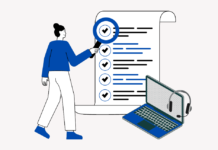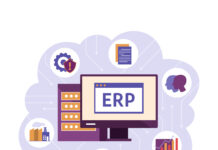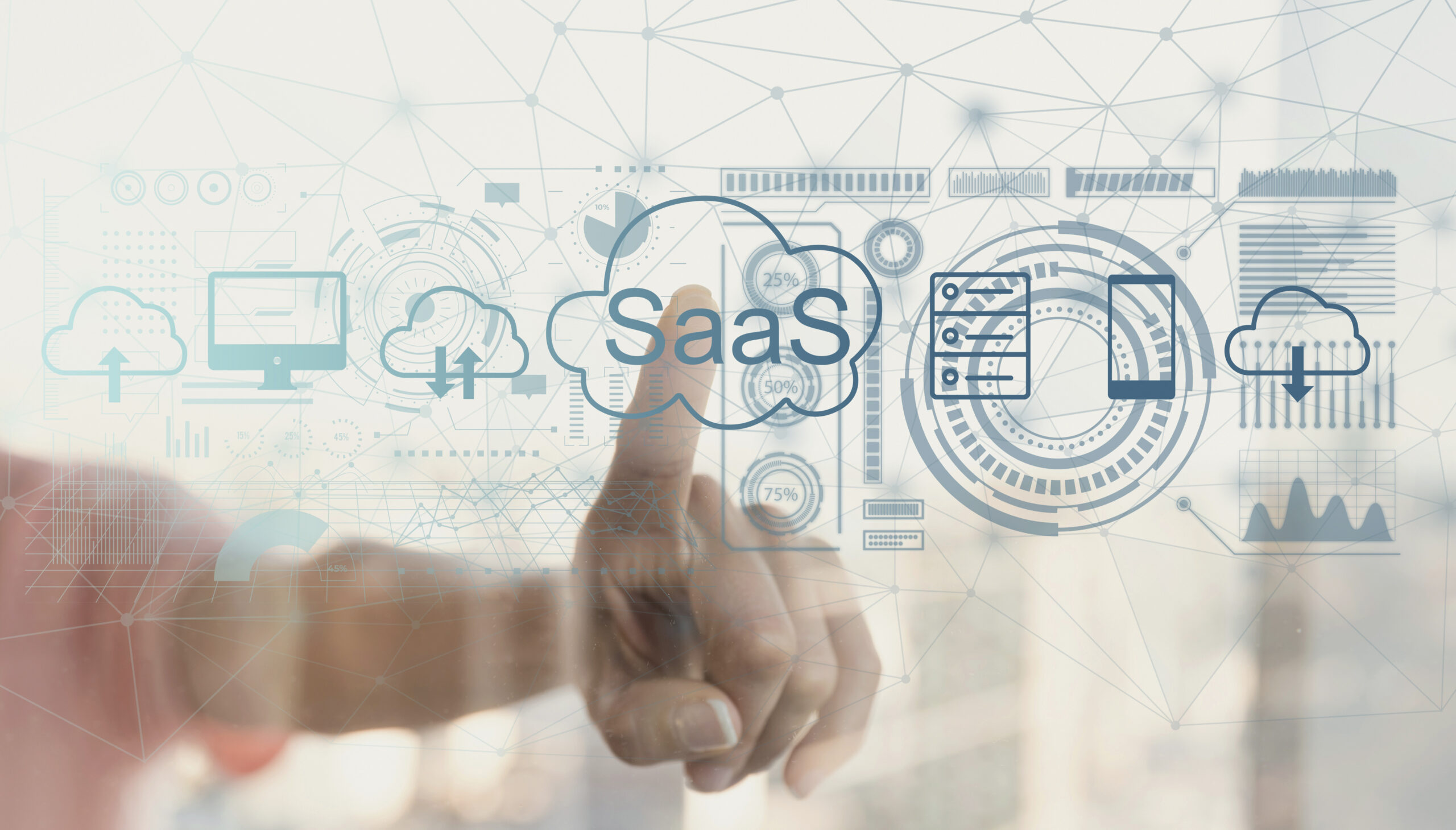
Introduction to Enterprise ERP Software
In today’s fast-paced business landscape, Enterprise Resource Planning (ERP) software is a crucial tool for organizations striving for efficiency, scalability, and automation. An Enterprise ERP system integrates core business processes into a unified platform, enhancing productivity and decision-making. This guide explores the benefits, features, types, and best Enterprise ERP solutions available today.
What is Enterprise ERP Software?
Enterprise ERP software is a comprehensive solution that helps businesses manage various functions, including finance, human resources, supply chain, manufacturing, and customer relations. By centralizing data and automating processes, ERP systems provide real-time insights, helping businesses streamline operations and optimize resource utilization.
Key Features of Enterprise ERP Software
An effective ERP system includes the following critical features:
1. Centralized Data Management
ERP systems consolidate data from different departments, reducing redundancies and ensuring real-time access to critical business insights.
2. Automation of Business Processes
By automating routine tasks such as invoicing, payroll, and procurement, ERP solutions improve efficiency and reduce human errors.
3. Advanced Reporting & Analytics
With real-time reporting, dashboards, and data analytics, ERP solutions provide businesses with actionable insights to drive strategic decisions.
4. Supply Chain & Inventory Management
ERP software helps businesses track inventory, manage suppliers, and optimize supply chain processes to reduce costs and improve service delivery.
5. Customer Relationship Management (CRM)
Modern ERP solutions integrate CRM functionalities, allowing businesses to manage customer interactions, track leads, and enhance customer satisfaction.
6. Financial Management & Accounting
With features like automated financial reporting, budgeting, and tax compliance, ERP systems ensure better financial transparency and accuracy.
7. Scalability & Customization
Enterprise ERP solutions offer scalable and customizable modules to meet the evolving needs of growing businesses.
Types of Enterprise ERP Software
There are different types of Enterprise ERP systems, catering to various industries and business models:
1. On-Premise ERP
This traditional model involves installing ERP software on local servers, giving businesses complete control over their data and security.
2. Cloud-Based ERP
Cloud ERP solutions are hosted on the cloud, offering scalability, accessibility, and reduced IT infrastructure costs.
3. Hybrid ERP
A combination of on-premise and cloud ERP, this model allows businesses to retain control over sensitive data while leveraging cloud benefits.
4. Industry-Specific ERP
Some ERP systems are tailored for specific industries like manufacturing, healthcare, retail, and logistics, providing custom features and compliance tools.
Benefits of Implementing an Enterprise ERP System
1. Increased Efficiency & Productivity
ERP automates manual tasks, reducing time-consuming processes and boosting employee productivity.
2. Improved Decision-Making
With real-time analytics and reports, businesses can make data-driven decisions faster and more accurately.
3. Cost Savings
By streamlining operations and optimizing resource use, ERP systems help reduce operational costs significantly.
4. Regulatory Compliance
ERP software ensures compliance with industry regulations, tax laws, and financial reporting standards.
5. Enhanced Collaboration
ERP facilitates better communication and collaboration between departments, improving workflow efficiency and coordination.
6. Better Customer Experience
With integrated CRM and analytics, businesses can improve customer satisfaction and retention.
Top Enterprise ERP Software Solutions in 2024
1. SAP S/4HANA
A market leader in ERP solutions, SAP S/4HANA offers advanced AI-driven analytics, automation, and cloud capabilities.
2. Oracle NetSuite
Oracle’s NetSuite ERP provides cloud-based solutions tailored for small to large enterprises with strong financial and operational management tools.
3. Microsoft Dynamics 365
A robust ERP and CRM system, Microsoft Dynamics 365 offers AI-powered analytics and integration with Microsoft’s ecosystem.
4. Infor CloudSuite
Infor CloudSuite provides industry-specific ERP solutions with cloud-based accessibility and AI-driven automation.
5. Workday ERP
Known for its strong human capital and financial management capabilities, Workday ERP is ideal for service-based industries.
How to Choose the Right Enterprise ERP Software
Selecting the best ERP system for your enterprise depends on several factors:
- Business Size & Industry: Choose an ERP that aligns with your company’s size and industry-specific needs.
- Budget & ROI: Evaluate the total cost of ownership (TCO) and return on investment (ROI).
- Scalability & Customization: Ensure the ERP system can grow with your business.
- Integration Capabilities: The ERP should seamlessly integrate with existing tools like CRM, eCommerce, and HR software.
- User-Friendliness: A simple, intuitive interface enhances user adoption and efficiency.
- Security & Compliance: Ensure the ERP complies with industry standards and offers robust security measures.
Future Trends in Enterprise ERP Software
1. AI & Machine Learning Integration
Modern ERP systems leverage AI and machine learning to enhance automation, predictive analytics, and decision-making.
2. IoT & Blockchain Integration
IoT-enabled ERP improves real-time tracking of assets, while blockchain enhances security and transparency in transactions.
3. Mobile & Remote Access
Cloud-based ERP solutions offer mobile-friendly platforms, enabling employees to work remotely and access data on the go.
4. Hyperautomation
Hyperautomation in ERP systems enhances process automation using RPA (Robotic Process Automation), AI, and ML.
5. Sustainability & Green ERP
With an increased focus on sustainability, ERP software now includes carbon footprint tracking and energy efficiency modules.
Conclusion
Investing in a robust Enterprise ERP software solution is a game-changer for businesses looking to optimize operations, enhance productivity, and drive growth. Whether you opt for SAP, Oracle, Microsoft Dynamics, or a cloud-based ERP, the key is to choose a system that aligns with your business needs











